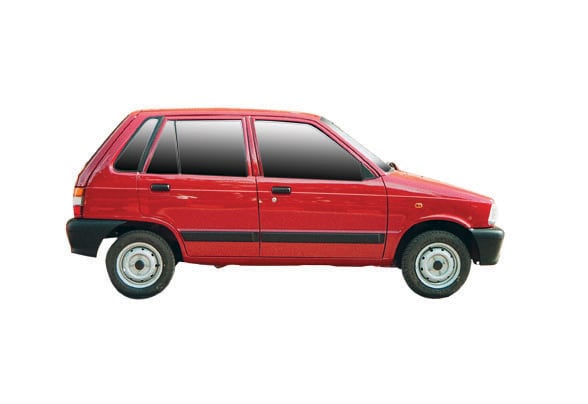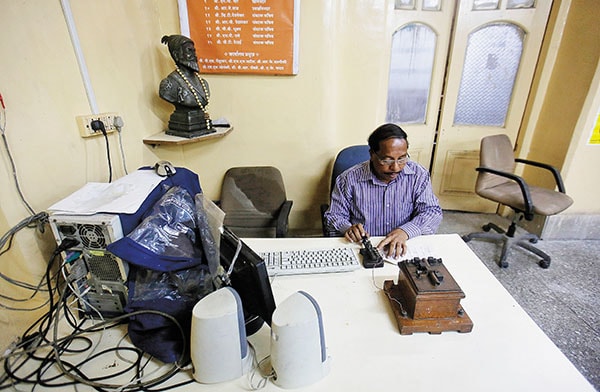5 Things That Disappeared in the Last Five Years


Kodak Film Rolls
As cliched as it may sound, there’s never going to be another Kodak moment as we knew it. The last of Kodachrome—it was the first commercially successful colour film—was processed in December 2010, at a family-run business in Kansas, US. This was after the company, which was set up by George Eastman in Rochester in 1888, announced the year before that it would stop making the chemicals needed for developing Kodachrome to tide over losses amounting to £84 million. The brand that defied gravity and accompanied Neil Armstrong to the moon finally fell to the onslaught of the digital revolution. Maruti 800
Maruti 800
To the world, it was india’s most iconic small car. to the many millions who owned one, a maruti 800 was family. It allowed the Indian middle class the then-unimaginable luxury: Owning a car. Ask Sachin Tendulkar. He now owns a fleet of luxury vehicles but still fondly reminisces about his brick red Maruti 800. It was perfect for Indian roads: It had the speed, pick-up and was small enough to manoeuvre through chaotic traffic. As more and more international competitors thronged the Indian market, the Maruti 800 jostled for industry share and lost. The last of the original ‘people’s car’ rolled out of its Gurgaon factory in January 2014. Telegram
Telegram
For the generation that has grown up with email and sms, the telegram was long dead and buried. But for the handful whose heart skipped a beat when a knock on the door signalled the arrival of a telegram, July 2013 was the end of an era. For decades, the telegram was the only mode of an urgent communication. But as the mobile revolution came about, it was a white elephant for the Central Telegraph Office. By the time the last telegram was sent by Ashwani Mishra to Rahul Gandhi from Delhi’s Janpath outlet, the over-160-year-old service had run up losses of about $250 million in the last seven years. Polio
Polio
It’s official. india, which until 2009 accounted for half of the cases globally, is polio-free. The certification was handed over by the WHO in March this year after no endemic cases of the disease were reported from the country for three consecutive years. It took the Indian government 19 years and over 23 lakh vaccine administrators to achieve its biggest health care success story. Pakistan, Afghanistan and some African nations have yet to eradicate the virus India, however, has joined the rest of the world in eliminating the disease. WorldSpace Radio
WorldSpace Radio
With a profusion of radio channels streaming ad-free, pre-programmed music 24x7, you might not even notice that WorldSpace is gone. Unless, you are the proud owner of WorldSpace receiver. Truth is, it’s probably junk (or an antique, depending on your take). WorldSpace, as you knew it, shut shop in December 2010 the parent company started by Ethiopia-born lawyer Noah Samarah ran into financial troubles despite being profitable in India with a subscriber base of 4.5 lakh. But here’s the good news: Saregama, a part of the RPSG Group, tied up with Timbre Media (founded by former WorldSpace employees) to relaunch the brand and stream music through the internet, mobile phones and DTH.
First Published: May 27, 2014, 06:02
Subscribe Now